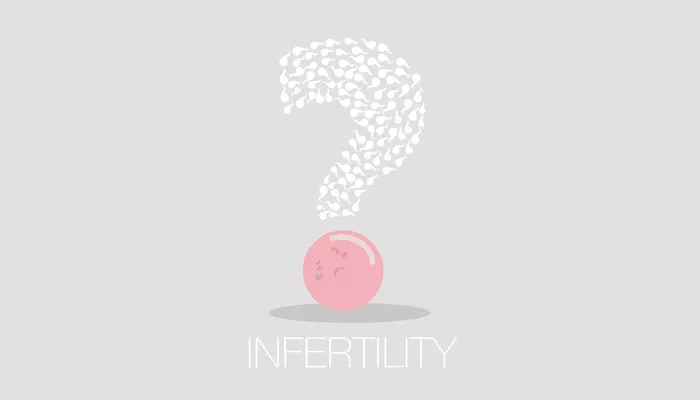Artificial intelligence (AI) may significantly enhance the success rate of in vitro fertilization (IVF), offering new hope to those struggling with infertility, according to a recent study.
IVF is a complex procedure that involves retrieving an egg from a woman’s ovaries, fertilizing it with sperm in a laboratory, and transferring the resulting embryo into the uterus. To prepare for egg retrieval, patients receive an injection of a hormone known as the “trigger” to stimulate follicle growth.
Analyzing data from over 19,000 patients, researchers found that administering the injection when a larger proportion of follicles measured between 13 and 18 mm led to better outcomes—producing more mature eggs and increasing the likelihood of successful births.
Currently, doctors rely on ultrasound imaging to assess follicle size. However, AI can process vast amounts of data more efficiently, helping clinicians make better-informed decisions.
“IVF generates a wealth of data that can be difficult for doctors to fully interpret,” explained Dr. Ali Abbara, a co-senior author of the study and a reader in endocrinology at Imperial College London. “Our research demonstrates that AI is well-suited for analyzing complex IVF data. In the future, AI could provide precise recommendations, enabling personalized treatments and improving couples’ chances of conception.”
The findings, published in Nature Communications, could pave the way for an AI-powered tool to be tested in clinical trials.
Dr. Thomas Heinis, a co-author of the study and a computing expert at Imperial College London, emphasized AI’s potential in reproductive medicine. “Explainable AI can be a powerful tool in healthcare, particularly in high-stakes situations like IVF. As computing power continues to advance, we will be able to make increasingly accurate, data-driven decisions that improve patient outcomes.”
According to the UK’s National Health Service (NHS), the success rate of IVF—measured by live births—varies significantly by age, ranging from 32% for women under 35 to just 4% for those over 44.
Infertility is not solely a female issue. Research indicates a rise in male infertility since the 1970s, with one in 20 men experiencing reduced fertility. Contributing factors may include exposure to harmful chemicals, increasing obesity rates, and the growing trend of delayed parenthood.
As AI continues to evolve, experts hope it will revolutionize fertility treatments, offering more tailored and effective solutions for individuals facing reproductive challenges.
Related topics:
Speaker Jon Burns Champions 2025 Bill to Safeguard IVF Access in Georgia






















